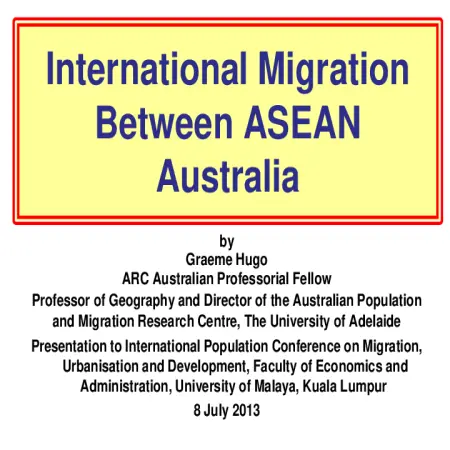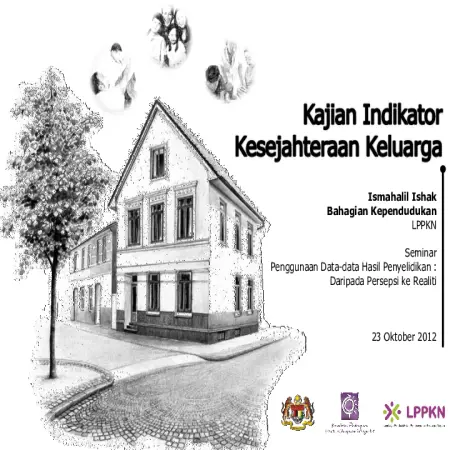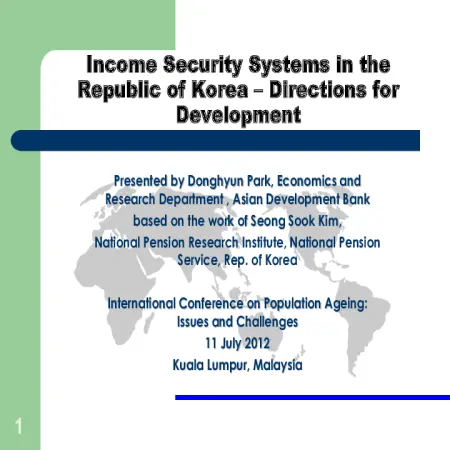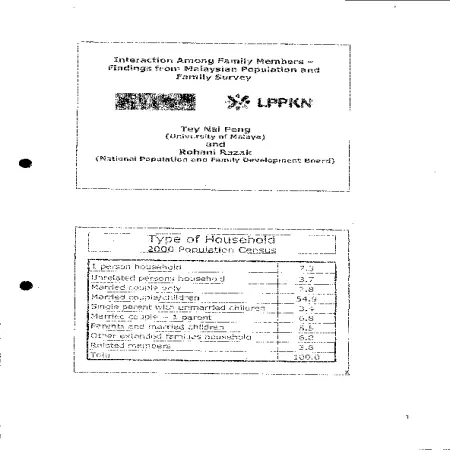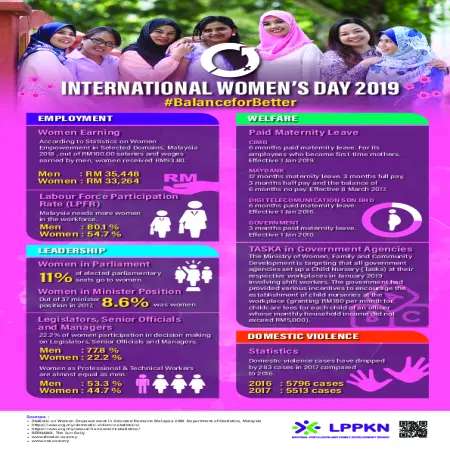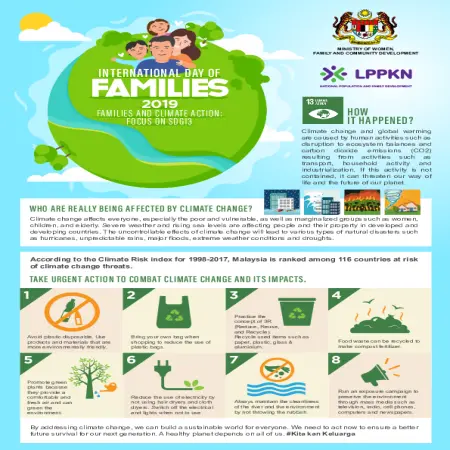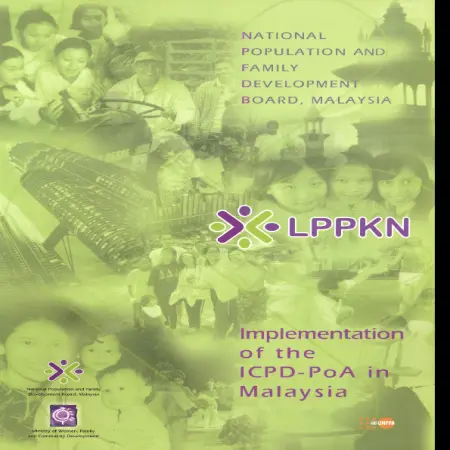TOPICS
Results for Topics : "Population"
Conference or Workshop Item (5)
|
|
International migration between ASEAN Australia
Item Type: Conference or Workshop Item
Editor:
Year: 00/00/2013
Abstract: International migration is an increasing influence in ASEAN. The 2013 United Nations Population Report indicates that ASEAN had the third fastest growing international migration currently of all world regions over the 2000-13 period. This presentation examines the global context in which this increase in mobility is occurring. It summarises the main elements in this increased importance of migration. It focuses then on recent developments in the migration relationship with Australia. Australian international migration data is of very high quality and allows the movement between ASEAN countries and Australia to be qualified. It detects permanent immigration and emigration as well as non-permanent moves. It is demonstrated that the migration relationship between ASEAN and Australia is emphatically an interacting one. It is a system rather than a south-north movement. The characteristics of migrants are examined and issues of brain drain addressed. The paper considers some policy dimensions of the migration relationship for development in ASEAN.
|
|
|
|
|
|
Indikator kesejahteraan keluarga
Item Type: Conference or Workshop Item
Editor:
Year: 00/00/2012
Abstract: Family well-being is a multi-dimensional concept that covers various aspects of an individual or family's living situation. To date, there is no specific measure that can describe the state of family well -being in Malaysia. Thus, the Ministry of Women, Family and Community Development through the National Population and Family Development Board (LPPKN) and the International Islamic University of Malaysia (IIUM) has implemented a research project called the Study of Family Well -Being Indicators in 2011 to understand more comprehensively about family well -being where at the end of this project, an index will be developed. In total, after going through several formative processes such as literature review, focus group discussion and pilot study, there are 7 domains and 23 indicators have been identified. The development of such domains and indicators of family well-being has focused on subjective well-being where each family is asked to provide an assessment on certain aspects related to their family. The study was conducted on 2,808 households involving a total of 5,616 respondents, consisting of 1,484 fathers, 1,324 mothers and 2,808 adolescents aged between 13 to 24 years. The selection of households in this study has used stratified random sampling method and done by face -to -face interviews. The results show that the Family Well -Being Index is at 75.5 which means that the well -being of Malaysian families is quite high. The Family and Religion/Spirituality domain recorded the highest domain score of 82.5. This was followed by the domain scores Family and Community (78.3), Family Relationships (78.2), Family Safety (73.9), Family Health (73.8), Family and Environment (72.8) and Family Economics (69.0). Based on the results of the IKK study, some suggestions that can be taken into account to improve the level of family well -being are to improve family living standards, increase family resilience, balance work and family demands as well as increase awareness on family safety.
|
|
|
|
|
|
Income security systems in the Republic of Korea? Directions for development
Item Type: Conference or Workshop Item
Editor:
Year: 00/00/2012
Abstract: The four goals of public pensions - extension of coverage, provision of adequate benefits, an equitable share of costs between generations, and financial stability - are all important. However, as these four goals conflict and influence one another, it is difficult to attain them simultaneously. Therefore, it is necessary to compromise these goals at a certain level. National Pension in Korea has been developed within an astonishingly short period. However, coverage is still unsatisfactory and long-term financial state is unstable. These two issues seem to be the most urgent reform priorities. The former may be the most important issue because National Pension exists for the income security of people. Meanwhile, adequacy of benefit was partly relaxed through two reforms. Though long-term financial stability and equity between generations have been improved through some sacrifice of benefit level, these issues are still regarded as unresolved and need additional measures in Korea, one of the most rapidly ageing countries. In this paper, we examine the four major goals of National Pension, namely coverage, adequacy of benefit, inter-generational equity, and long-term financial stability. The coverage of the scheme should be extended and the average contribution period should be increased. Coverage must increase 10% by 2030 in terms of the ratio of old age pensioners to total old age people aged 65 and over. The benefit level of the National Pension may be targeted to 30% of average earnings in real term as of 2030. Other sources of old-age income can be from working, private pensions, and savings. For more stable finance and better equity between generations, we review four financial goals.
|
|
|
|
|
|
ICPD + 15 and MDGS: Malaysia's achievement and challenges
Item Type: Conference or Workshop Item
Editor:
Year: 00/00/2009
Abstract: Population and development are inextricably linked. The ICPD helped place population concerns at the heart of sustainable development. Meeting the needs of women and men rather than on achieving demographic targets. Interrelationships between population, sustained economic growth and sustainable development: Population factors incorporated into development planning. Poverty alleviation programmes since the 1st OPP. This slides presentation is talk about ICPD + 15 and MDGS: Malaysia’s achievement and challenges.
|
|
|
|
|
|
Interaction among family members: a Malaysian case study
Item Type: Conference or Workshop Item
Editor:
Year: 00/00/2006
Abstract: The perceived relationship among family members are 98.5% of women said that they have good family relationship while 99% of men said the same. Meanwhile, 99.3% of women who did not have financial difficulty stated that they have good family relationship compared to those who have financial difficulty represented by 98.3%.
|
|
|
|
Infographic (2)
|
|
International Women's Day 2019 # BalanceforBetter
Item Type: Infographic
Editor:
Year: 00/00/2019
Abstract: This infographic shows statistics on women's involvement in Malaysia in areas such as employment, leadership, welfare as well as incentives provided by the government and the private sector in supporting women's involvement in the labor force.
|
|
|
|
|
|
International Day of Families 2019: families and climate action: focus on SDG13
Item Type: Infographic
Editor:
Year: 00/00/2019
Abstract: Climate change and global warming are caused by human activities such as discruption to ecosystem balances and carbon dioxide emissions (CO2) resulting from activities such as transport, household activity and industrialization. If this activity is not contained, it can threaten our way of life and the future of our planet.
|
|
|
|
Research Report (1)
|
|
Implementation of the ICPD-PoA in Malaysia
Item Type: Research Report
Editor:
Year: 00/00/2004
Abstract: The International Conference on Population and Development (ICPD) held in Cairo in 1994 was regarded as a landmark in the population and development field. At this conference,179 countries,including Malaysia,adopted a 20-year Programme of Action(PoA).The ICPD-PoA calls for empowering of women and providing them with more choices through access to education and health services and promoting skill development and employment.The PoA includes goals in regard to education, especially for girls, and for further reduction of infant, child and maternal mortality levels. It also addresses issues relating population;the environment and consumption patterns; the family; internal and international migration; prevention and control of the HIV/AIDS pandemic; information,education and communication;and research and development.This report assesses the progress made by Malaysia in the implementation of ICPD-PoA and in meeting the Millennium Development goals (MDGs). It provides a situational analysis of the population,development,reproductive health and gender related issues, and discusses the various policies and programmes implemented to achieve the objectives of ICPD-PoA. It also emerging challenges and opportunities and put forth some recommended strategies to further strengthen ICPD-PoA implementation in Malaysia.
|
|
|
|





